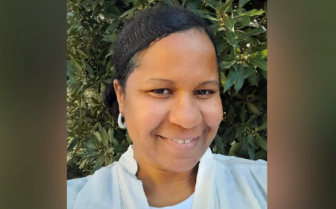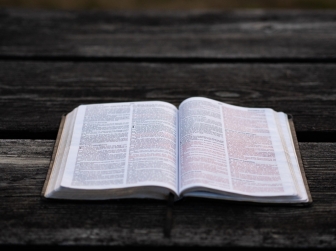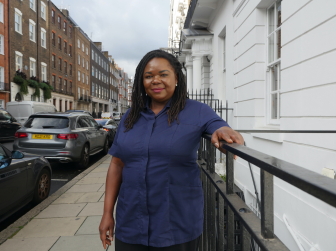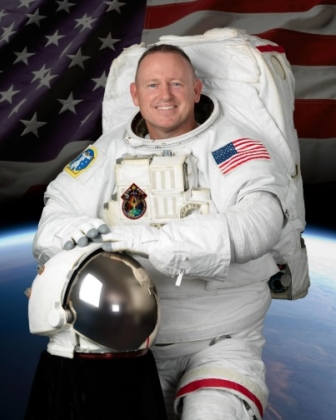“These challenges are not for Muslims alone, or Christians or Jews, Hindus or Buddhists for that matter. They are challenges for all people of faith,” Blair said at the 2009 Common Word Conference at Georgetown University.
And the “best hope” for faith in the twenty-first century, he added, is that people of faith confront all of this together.
“This is not because we intend to have the same faith. We don’t,” he clarified. “Our separate beliefs will remain.
“But our coming together will allow us to speak in friendship to one another about our own faiths and also speak to the world about faith," he said.
For two days last week, around 1,000 people attended the 2009 Common Word Conference – the fourth such conference held since a 2007 document from 138 Muslim scholars to Christian leaders, titled "A Common Word Between Us and You", called for Christians and Muslims to work together for peace.
Like the conferences before it, the latest gathering focused on the message of The Common Word Initiative, which supporters hope will give Muslims and Christians a starting point for cooperation and worldwide co-ordination while doing so on the “most solid theological ground possible”.
"To work for justice in the world, it cannot be only Muslims or Christians and cannot be only for our own interests, but it must really take into consideration what problems are facing us and need justice," commented Bishop Munib A Younan, of the Evangelical Lutheran Church in Jordan and the Holy Land.
Jordanian Prince Ghazi bin Muhammed said the purpose of the conference was "to examine and chart out some concrete, practical, and, more importantly, actionable ideas that we can bring to fruition based perhaps on the principles of ‘A Common Word’ and the Two Greatest Commandments."
“In other words, we want to move, God willing, from ‘traction’ to ‘trickledown’, and we want to start this here, in the fourth major conference on ‘A Common Word’,” he said.
“That is not to say, of course, that nothing practical has been done up to now,” Ghazi added, “but our efforts, though we hope they be pleasing to God, have not succeeded enough.”
In his reflection of the gathering, the Rev Mark S Hanson, presiding bishop of the Evangelical Lutheran Church in America, also recognised that it has been both the challenge and the hope for the conference that common words would lead to common deeds.
"If our common words do not lead to common deeds that bring justice where there are very real conflicts today, where people's lives are at stake, then our work is completely unfinished," he stated, paraphrasing Younan's comments at one of the conference panels.
In his speech Wednesday, former British Prime Minister Blair urged participants to understand one another, respect each other and, most importantly, act with each other.
“Our relationships with each other and both of us with Judaism that in time I’m sure will be part of the Common Word, will best be judged in action, in the work we can do together in relieving poverty, fighting injustice, preventing disease and bringing hope to those in despair,” he said.
“So: understand each other, respect each other, act with each other; and in doing so, show why humanity is not made poorer by faith, but immeasurably enriched."
News
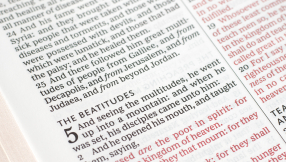
Russian court bans 'extremist' New Testament translation
A Russian court has banned an "extremist" translation of the New Testament

Bishop urges UK government to put diplomatic pressure on Nigeria as Christians continue to suffer
A Nigerian bishop has called on the UK government to make diplomatic and economic relations with his country conditional on Nigeria’s efforts to return internally displaced people to their homelands.

King Charles and Queen Camilla postpone Vatican visit as Pope Francis recovers from ill-health
King Charles III and Queen Camilla have postponed their anticipated visit on April 8 to the Vatican after medical advice recommended that Pope Francis take an extended period of rest, and mutual agreement between the British Royal Household and the Holy See.

Former MP: Assisted suicide bill 'unsafe', 'biased' and 'rushed'
A former MP calls the assisted suicide bill "unsafe" "biased" and "rushed".
